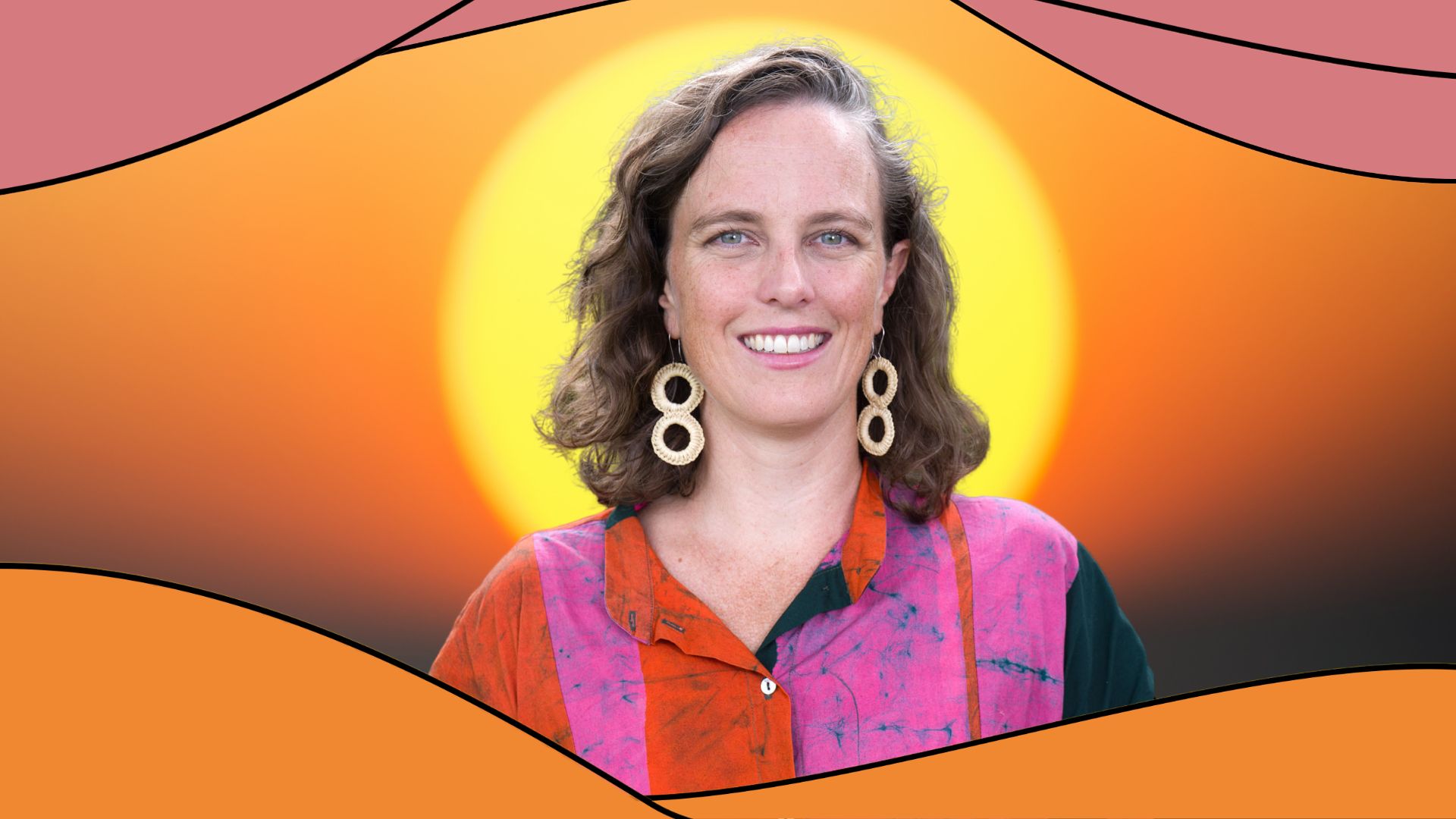Calling all Australian changemakers! Ever dreamed of studying in the US?
The Australian-American Fulbright Commission has launched the new Fulbright Future Scholarships – its most generous scholarship program ever offering you the chance to study fully-funded in the US for 3-24 months at an institution of your choice, with all living and travel expenses covered.
Here are 5 ways a Fulbright Scholarship can transform your social impact career:
Gaining access to the world’s most prestigious universities and institutions
According to the QS World University Rankings, over half of the top 20 best universities in the world are located in the US. Harvard, Berkeley, Stanford, MIT, and UCLA are the front-runners in terms of research output and employer reputation, with UC San Francisco, Caltech, Yale, and University of Colorado (Denver) winning out in faculty and student satisfaction.
In fact, every discipline-based ranking has a strong US presence – Columbia, NYU, Harvard, Stanford, Yale, Duke and Cornell all rank highly in terms of Social Entrepreneurship; University of Pennsylvania and Johns Hopkins are in the top three for Nursing; and Parsons and the Rhode Island School of design are leading the way in Art and Design.
Besides universities, there are also hundreds of other research institutions across the States that you can visit as a Fulbright Scholar, including NASA’s Jet Propulsion Laboratory and the Smithsonian Institution.
Creating enduring bilateral connections
Fulbright Scholars return from the US with more than just a university qualification and some snaps of the Grand Canyon. Along with the education, experiences, and souvenirs comes a burgeoning contacts list, built through both professional and informal networks. Besides the connections that Scholars make on campus through their study/research interactions, the Fulbright Program also facilitates connections via a range of networking events and enrichment activities. You could find yourself meeting playwrights backstage at the Metropolitan Opera in New York, listening to top astrophysicists at Caltech, or volunteering at a homeless shelter in DC with scholars from around the world.
Engaging directly with the primary resources associated with your research
Textbooks are a necessary evil of university life – every course has required readings and exams that test your grasp of theory. Most professors and tutors will have their own interpretations of the great works in their respective disciplines and will teach according to that, but what if you could hear theory straight from the authors themselves? In the US higher education system, this is actually quite commonplace!
Students of international relations at Stanford University can ask Francis Fukuyama directly for his thoughts on global unrest; chemists at Harvard can talk to Nobel Laureate E.J. Corey for tips on organic synthesis; and aspiring writers at Princeton can catch up with award-winning authors such as Joyce Carol Oates on campus.
Internationalising your study/research
Working in the field of social impact is both demanding and complex. It requires leaders who are proactive, agile, and multi-talented. One of the clearest indicators of these qualities is evidence of overseas study, particularly if undertaken via a recognised exchange scholarship program.
Having a Fulbright Scholarship not only proves that you’ve managed to run the application gauntlet and come out a winner, but also demonstrates a myriad of other qualities, such as interpersonal communication, ambassadorial skills, cultural competence, and the ability to adapt or respond to new and unfamiliar situations.
Experiencing a new culture and lifestyle
Moving to a new place and immersing yourself in a different environment can not only enhance your worldview, but it also provides a valuable opportunity to gain a greater sense of self-awareness and a better understanding of where your own culture fits in the larger global context. A Fulbright award is an opportunity to serve as a cultural and academic ambassador, sharing your own country’s values and research as you learn about those from other countries. What the world needs today is unity, not division, and the shared values of knowledge can bring together diverse countries and communities in pursuit of a greater good.



